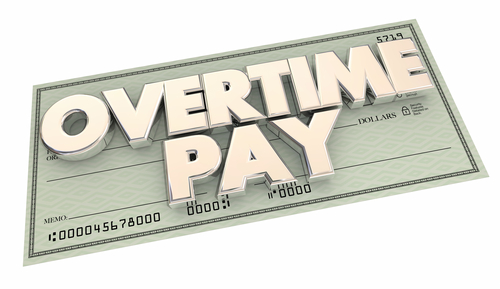
Janitors, servers, and construction workers have something in common. They are likely to face wage theft in industries that underpay and undervalue their workers. To address wage theft, workers have filed private lawsuits and/or have reached out to their state or federal departments of labor. These actions generally fall under the realm of civil actions, considered as private disputes among individuals and organizations.
Many times, deterrents such as lawsuits and government investigations, are not strong enough to disincentivize companies from stealing wages from their workers. New York, California, and New Jersey are states that have implemented measures to criminalize wage theft.
The wage theft burden rests on the worker. The worker must diligently pursue their claim and choose the right type of legal avenue after they have lost a source of income. On top of the loss of income, the worker has to be careful about how they pursue their claims because there is always a chance that the employer could retaliate.
New Jersey has Bill A-2903/S-1790, which increases penalties and added jail time if companies did not pay their workers, provide benefits, or retaliated against workers due to complaints about wage theft. This bill makes wage theft not only more financially damaging to an employer but damaging to a company’s reputation and risky for those exposed to potential imprisonment.
This step towards criminalizing wage theft is undoubtedly a strong support of workers’ rights. It adds another enforcement mechanism to combat exploitation so common to large volatile industries. The criminalization of wage theft will also help private lawsuits, providing legal support and leverage to those alleging wage theft.
James A. Vagnini
Partner
email: [email protected]


